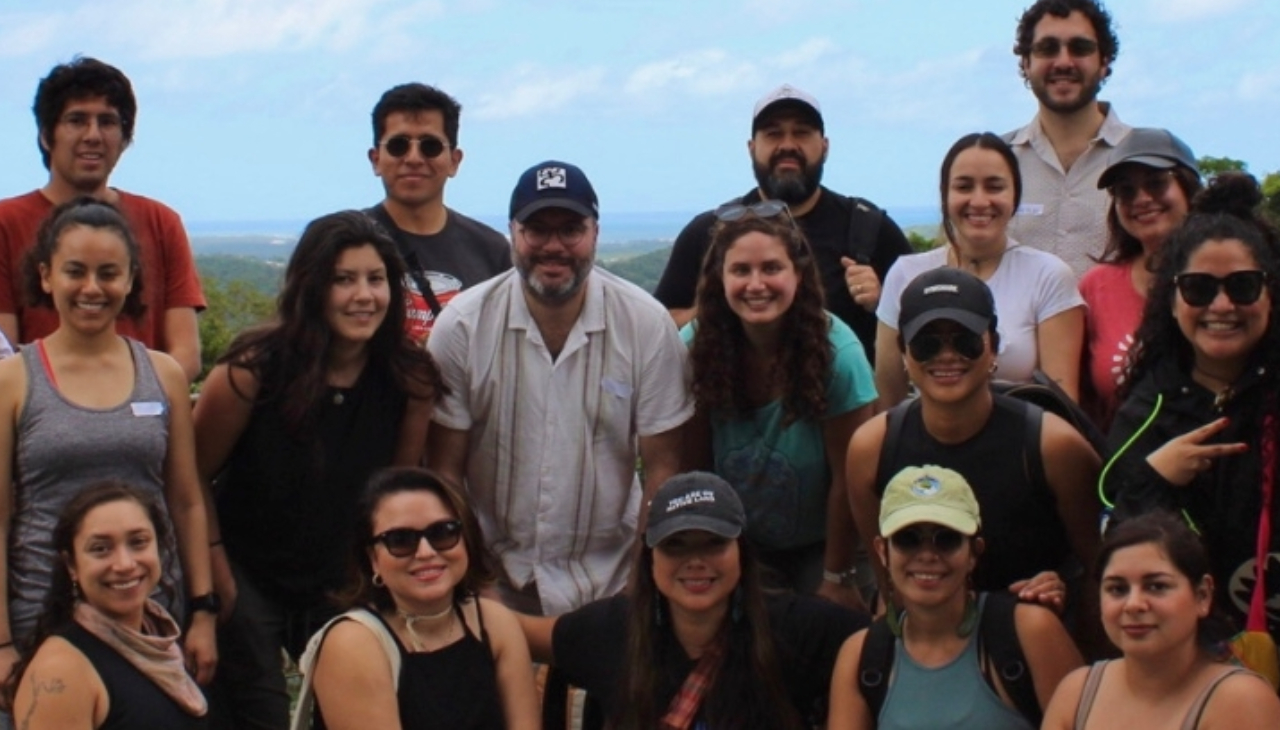
Latino Conservation Week 2023 kicks off July 15
This year marks the 10th anniversary of Latino Conservation Week, which will run from July 15-23, 2023.
Founded by Hispanic Access Foundation in 2014, the initiative provides an opportunity for the Latino community to go outdoors and participate in activities to protect natural resources.
Throughout the week, Latino communities, organizations, families and individuals will participate in a variety of activities — in-person and some virtual — such as hikes, park clean-ups, fishing, online expeditions, roundtable discussions, Q&A sessions, scavenger hunts, film screenings, and more.
“Latino Conservation Week helps break down barriers for Latino communities to access public lands and waters, encourages new opportunities for engagement and inspires the next generation of environmental stewards,” said Jessica Godinez, Conservation Program Manager at Hispanic Access Foundation, in a statement.
Since it was first launched, Latino Conservation Week has grown tremendously. While the first iteration featured nine events, last year’s event featured more than 220 events nationwide. This year, more than 250 events are expected to be celebrated.
The events and activities promote conservation efforts in their communities and provide an opportunity for Latinos to show their support for permanently protecting our land, water, and air, and increasing access to nature for Latino communities.
The Latino population in the U.S. is more than 62.1 million people strong, representing more than 18% of the nation’s population. However, a 2020 Outdoor Industry Association report found that only 11.6% of Latinos were engaged in outdoor recreation activities.
“Latino communities are passionate about the outdoors and hold a strong belief that we have a moral obligation to be good stewards,” said Godinez.
When surveyed, 97% of Latino voters in the West believe it is important to conserve land, water, and wildlife habitat to provide opportunities for children to explore and learn about nature.
CONTENIDO RELACIONADO
With the Latino community projected to become nearly one-third of the U.S. population by 2050, engaging and welcoming diverse youth and Latino communities is paramount.
To this end, the Nature Gap — the uneven and inequitable distribution of forests, streams, wetlands, and other natural places within communities of color and low-income communities — is another key reason. Latinos and other diverse communities of color in the U.S. are three times as likely to live somewhere that is deemed “nature deprived” than White communities.
“Many Black, Indigenous, Latino, and other communities of color nationwide face environmental racism from disproportionate exposure to toxins, air and climate pollutants, and a lack of access to nature,” said Shana Edberg, Hispanic Access Foundation’s Director of Conservation programs.
The history of discrimination, dispossession, segregation, violence, and exclusion has led to a legacy of poorer health, higher stress levels, worse educational outcomes, lack of recreation and business opportunities and greater vulnerability to extreme heat and flooding in these nature-deprived neighborhoods.
“We hope this year’s events inspire Latinos to take action, advocate and bring these issues to the forefront to help bridge that gap,” added Edberg.
For a full list of activities for the 2023 Latino Conservation Week, click here.


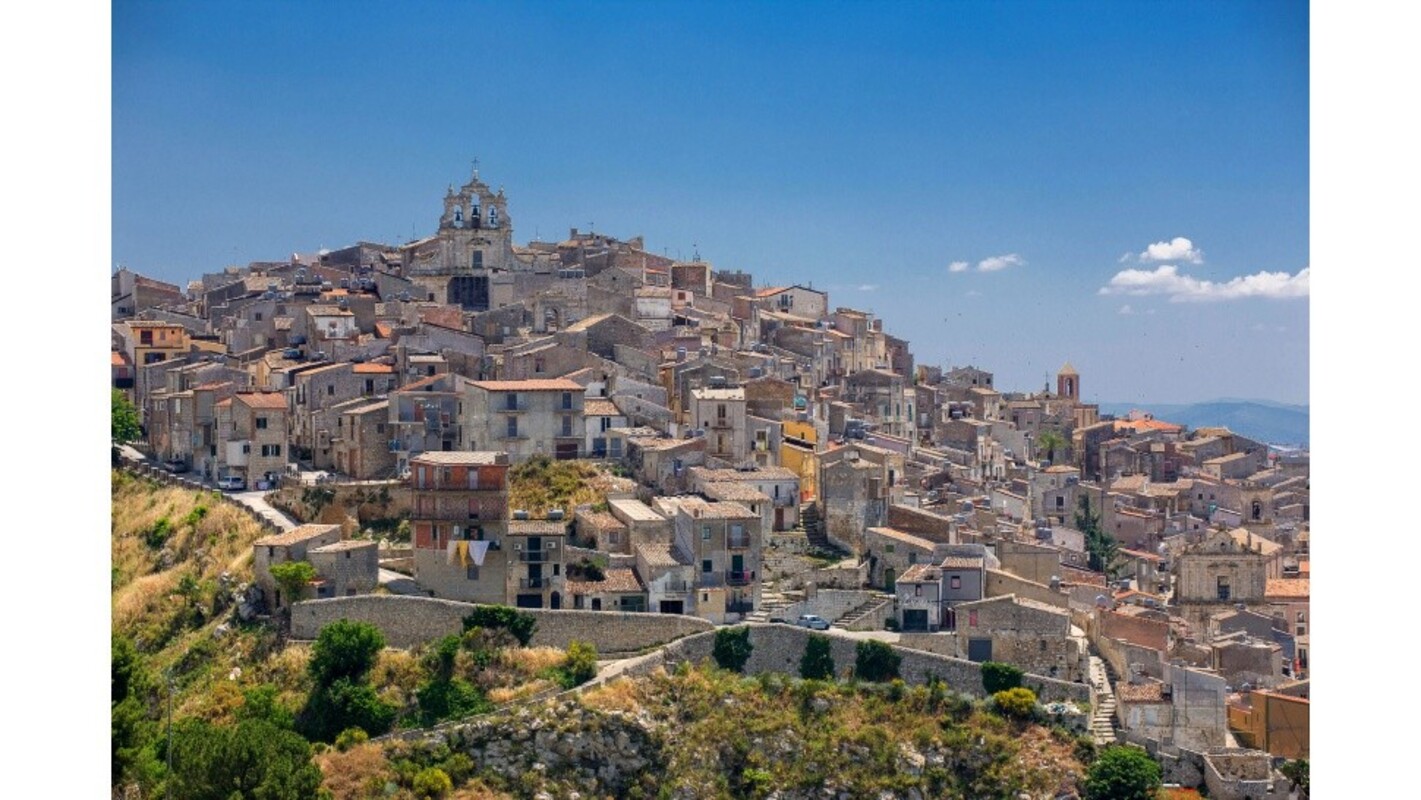


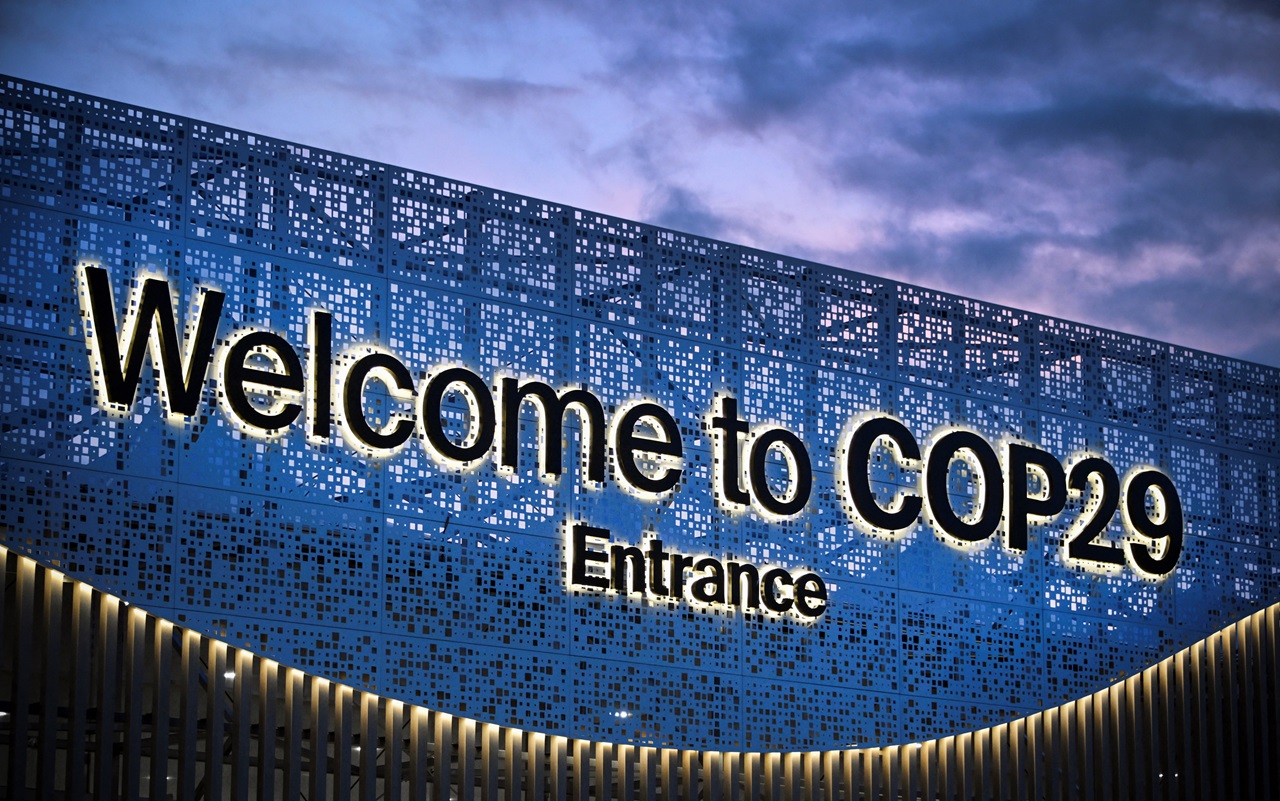
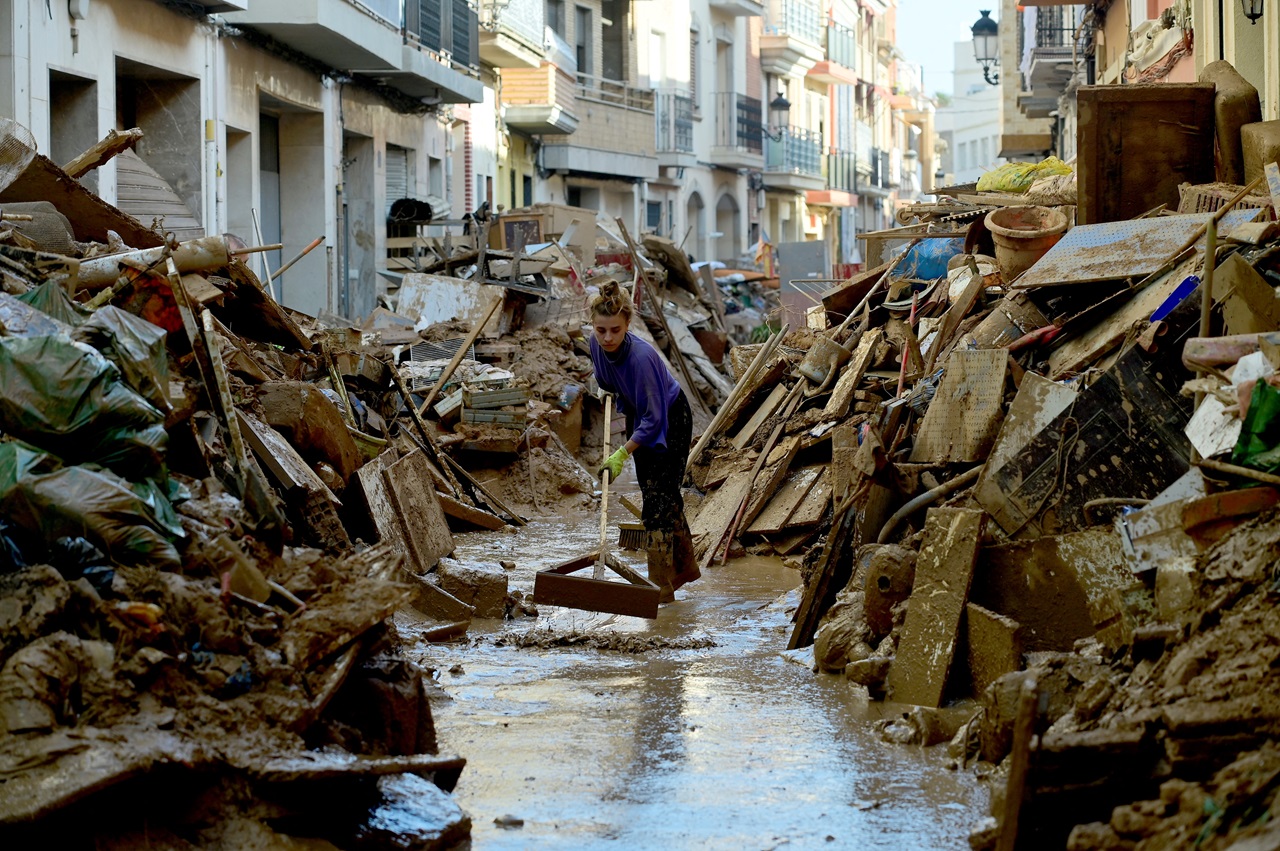

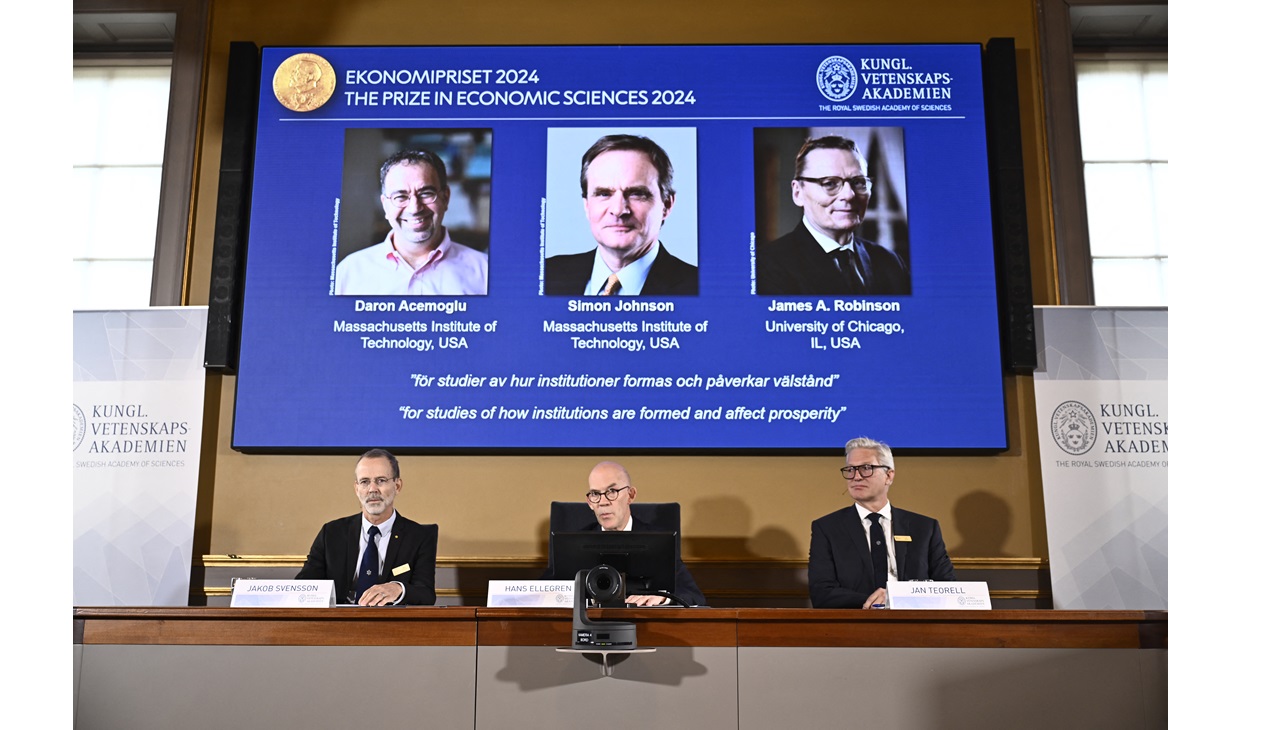

DEJE UN COMENTARIO:
¡Únete a la discusión! Deja un comentario.